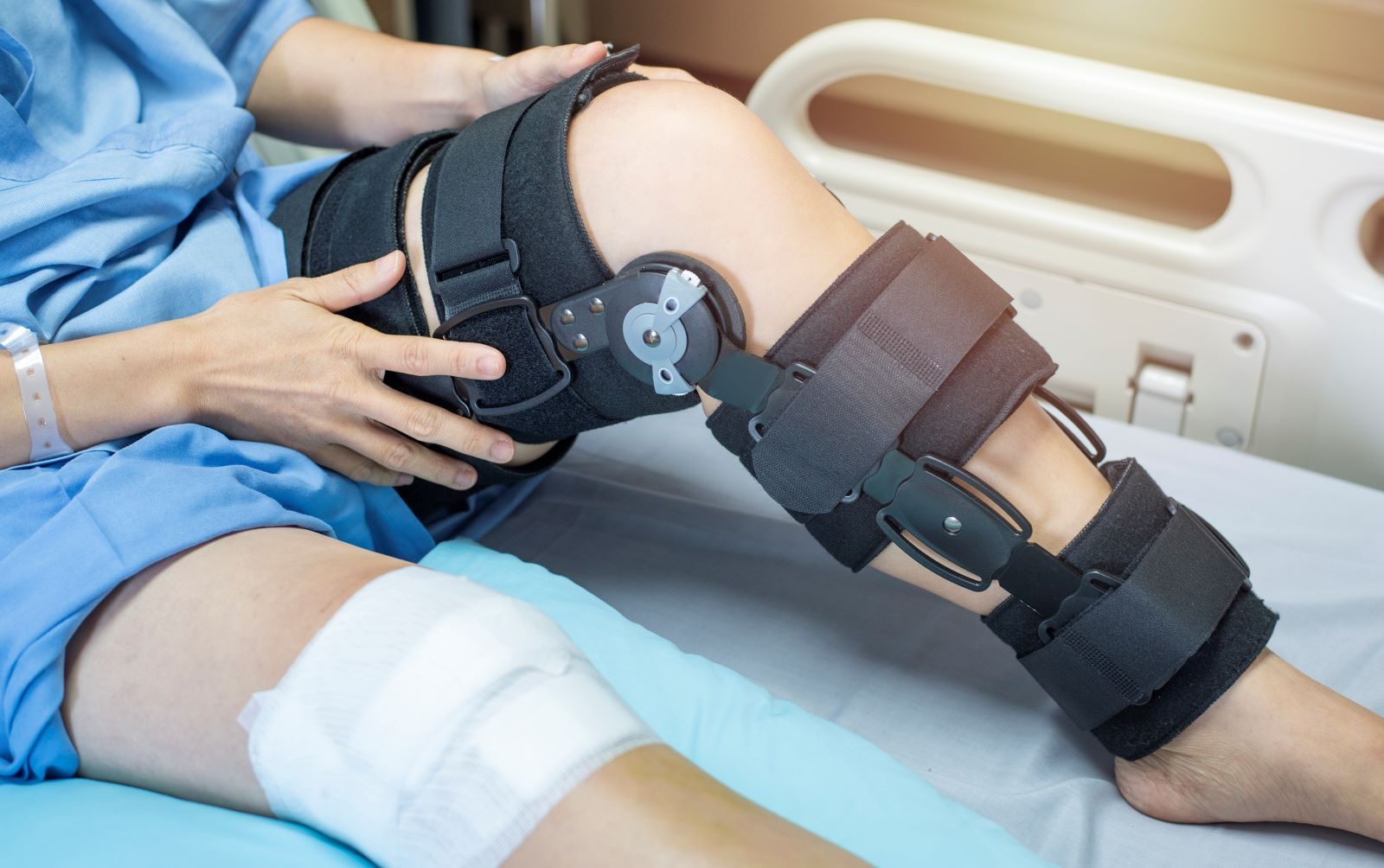<< Back
Paige Bueckers and ACL Tears: A Doctor Breaks Down Surgery, Recovery

August 18, 2022
A bad landing in a pick-up game doesn’t need to end UConn basketball star Paige Bueckers’ career, or does it?
Bueckers suffered a torn anterior cruciate ligament (ACL) in her left knee during a pick-up game in late July. She underwent surgery on Aug. 5 and is expected to miss the upcoming 2022-23 season.
This is the second injury to Bueckers left knee in less than a year. She suffered a tibial plateau fracture and torn meniscus in December 2021, which sidelined her for 19 games.
> Connect with the Connecticut Orthopaedic Institute at St. Vincent’s Medical Center
A devastating injury
ACL tears are hardly uncommon – there are between 100,000-200,000 ACL ruptures each year in the U.S. alone.
Generally, ACL tears involve no contact and occur during a twisting or cutting movement, causing the upper leg to go one way and the lower leg another.
“[The knee] slips and gives out causing you to feel like you are unable to take a step, twist or turn without the feeling of slipping,” said Michael Redler, MD, sports medicine specialist with the Connecticut Orthopedic Institute at St. Vincent’s Medical Center.
“It is a devastating injury.”
Tears are reconstructed surgically.
Usually, the patient’s own tissue or tendon – a portion of the patellar, quadricep or hamstring tendon – is used to replace the torn ACL. The work is laparoscopic, with just a few small incisions, Dr. Redler said.
The goal is for the new ACL to hold the knee in place and restore stability.
Recovery includes bracing and therapy
Anyone who has ACL replacement surgery undergoes roughly the same recovery, Dr. Redler said. This includes:
“With any of these athletes, what we need to do as sports medicine physicians is to make certain that not only do we perform the surgery, but to get them back on the playing field,” Dr. Redler said, adding that it can take up to a year to achieve full strength.
Recovery is psychological, too.
Suffering a major injury like Bueckers’ can take an emotional toll on the patient as well. It is important, Dr. Redler stressed, for athletes to verbalize what is going on. This allows them to experience a better recovery and understand what they are feeling inside.
“The good news for athletes is that their competitive spirit, along with great physical therapy and sports medicine care, will allow them to rally to the finish line.”